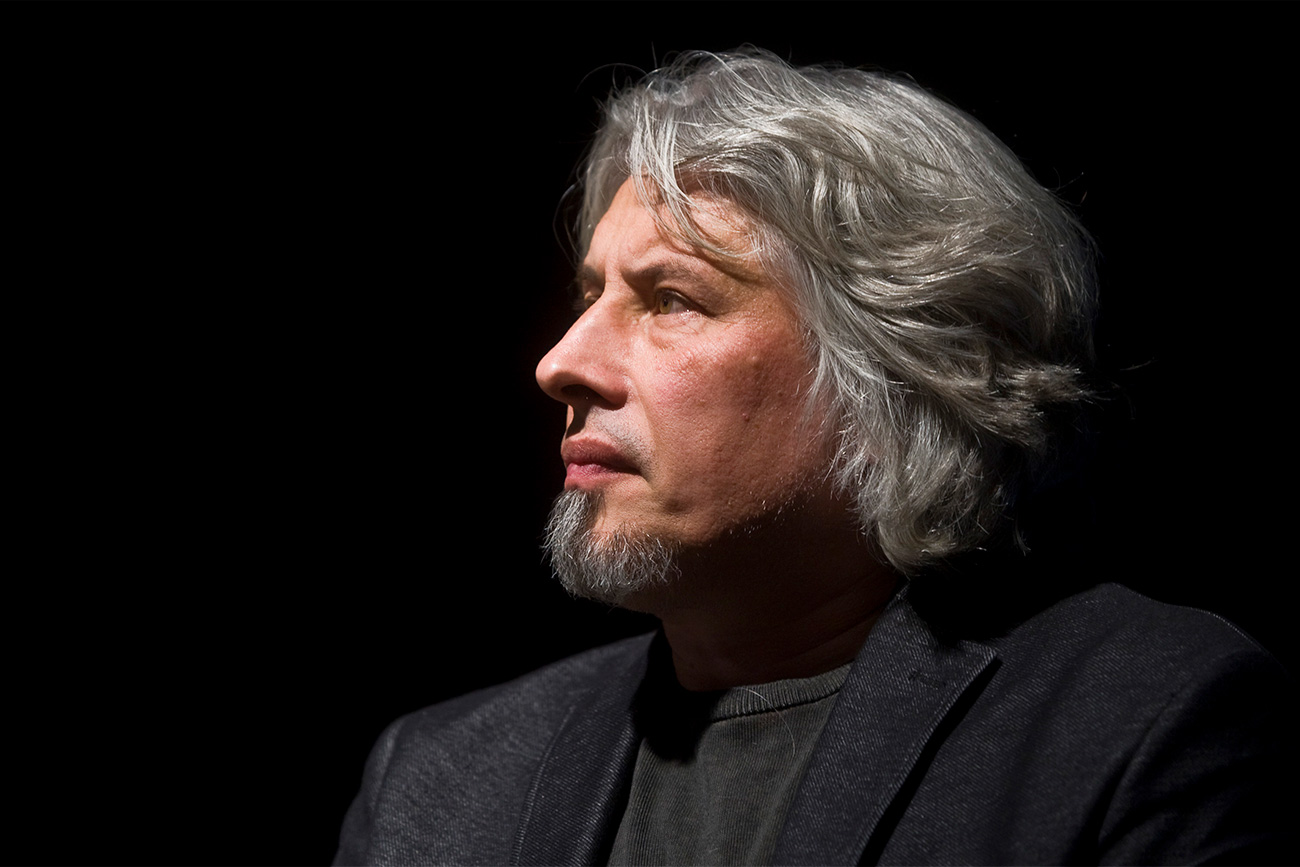
Writer Vladimir Sorokin
Sergei Fadeichev/TASSFor decades, the works of Vladimir Sorokin, a contemporary Russian author whose career dates to the 1980s, have been deeply associated with shock and sensation. A master of various literary styles, he loved to deconstruct his texts, bringing them down to the level of absurd ultra-violence. Sorokin was comfortable depicting massacres, perversion
But then Sorokin changed his approach, and starting with his 2006 novel, Day of the Oprichnik, he concentrated on depicting an imagined world of the not-so-distant future. The action of his latest novels, Telluria (2013), and Manaraga (2017
The map of the world in Sorokin’s dystopian future is quite different from ours: many European countries, Russia included, have disintegrated into smaller states, and life is rather savage. But progress never stops, so this strange world still sees some breakthrough technologies.
Tellurium is a chemical element that exists in the real world, but the metal with this name in Sorokin’s novels is quite different. Sorokin’s tellurium is a perfect drug that immerses a person in boundless bliss, leading to a high in energy and intellect, extreme happiness and even communication with the dead.
“It’s a super-drug and a spiritual way at the same time,” Sorokin described tellurium in an interview.
You get your tellurium dose by someone hammering nails of it in your head in order for the metal to have direct contact with the brain. Of course, only profound specialists can perform such an operation; they are called carpenters and travel around Eurasia doing their job for big money.
Tellurium itself is extremely expensive, prohibited in many countries and just plain dangerous. There's a 12 percent chance that you won't survive a hit, however. This doesn't stop many in
Forget smartphones and tablets. In the future, if Sorokin is right, humanity will enjoy far more impressive gadgets. The
In Manaraga, Sorokin mentions even more progressive gadgets – the fleas. These are minuscule technological implants put in human hair or directly in the brain, and which give access to all information in the world.
“With my
Speaking of Manaraga’s protagonist, his job is rather strange: he burns books for money. According to Sorokin,
But the forbidden fruit is the sweetest, so gold diggers steal these rare books and cook on them, using the paper as fuel. This is considered very exotic and expensive entertainment for the rich. Such a performance is called 'book-n-grill,' and for
Sorokin says that with this metaphor he tried to ponder the future of books. “I believe that humanity won’t entirely do away with printed books. It’s part of our world that cannot be destroyed completely,” he said in an interview.
Read More:
If using any of Russia Beyond's content, partly or in full, always provide an active hyperlink to the original material.
Subscribe
to our newsletter!
Get the week's best stories straight to your inbox